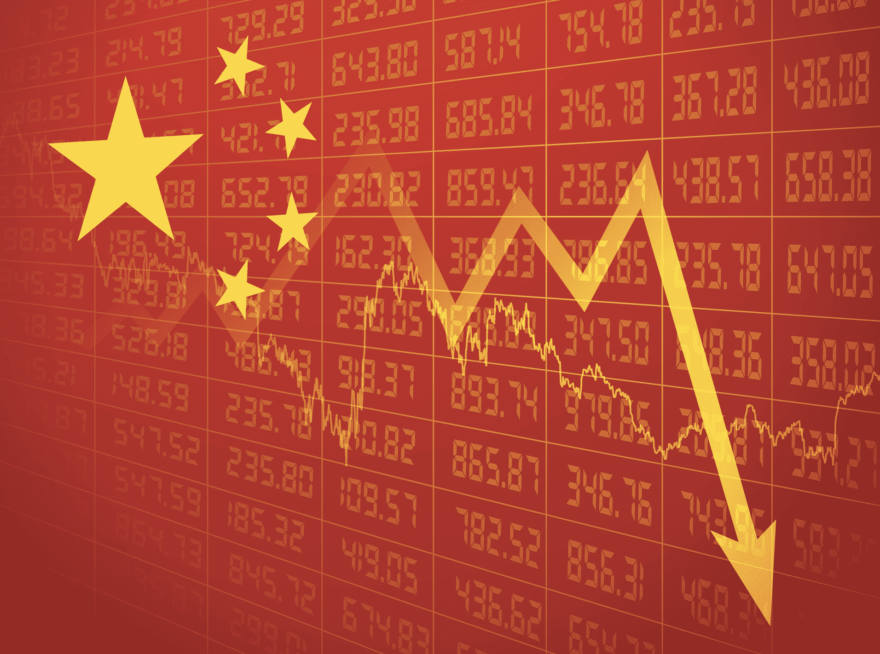The Drill Down has previously reported on China’s less-than-up-front (putting it mildly) practices when it comes to disclosing sensitive financial information with foreign investors: they use offshore shell companies and manipulate assets to keep them off corporate balance sheets.
Quite simply, they lie. Americans are unable to weigh the true risks of their investments, nor can they fully understand if money being invested is funding the CCP (a very likely scenario).
And because of this, many Chinese companies are delisted from the US stock market.
But now, according to reports, China wants to clean up its act; play it straight; cards on the table; etcetera, etcetera. CNN Business is calling the proposal a “U-turn” and an “olive branch to the United States in a bid to prevent Chinese firms from being kicked off the US stock market.”
Okay, so what’s the proposed change?
The China Securities Regulatory Commission has proposed a policy change that “might allow US regulators to inspect audit reports of Chinese companies listed in New York,” and suggests “inspections shall be ‘conducted through cross-border regulatory cooperation,’ and the CSRC will provide assistance during the process,” CNN reports.
“The revision could potentially offer a long-term solution to the disputes on the audit requirement between China and the US, reducing the delisting risk of Chinese companies from US exchanges,” writes Ken Cheung Kin Tai, chief Asian FX strategist at Mizuho Bank.
But ultimately, it doesn’t change the way China does business —and that’s using a volatile corporate structure known as a Variable Interest Entity (VIE).
As previously reported on DD, in order to get listed on foreign stock exchanges, China will use a VIE to create offshore shell companies used to finance projects without putting the whole enterprise at risk. This shady loophole allows companies to hide certain assets, keeping them off corporate balance sheets.
It also means investors are without voting rights and accounting information must remain in China – a decision the Chinese government claims is to protect “state secrets.” Because of VIEs, no one can easily know the extent to which companies are supported by the CCP.
Moreover (or more importantly), Chinese firms have no real corporate governance in the way that other legitimate companies do. Even the so called “private” Chinese firms are subject to government overreach from the communist party.
So, on its face, the policy change sounds promising. But one doesn’t have to dig too deep to realize that what China is offering doesn’t fix the actual problem. US regulators already have the power to subpoena financial documents from these firms —they just never do. Likely an instance of don’t ask, don’t tell as long as we’re all making money. Investors would be less than thrilled to know that their money is empowering the CCP.
And that’s the real issue. The Chinese institutions will still only share what they want to share. The onus —and the risk—is still on American investors.
This isn’t an olive branch so much as a thistle; a red herring. Don’t buy the hype —China is still dangerous.

